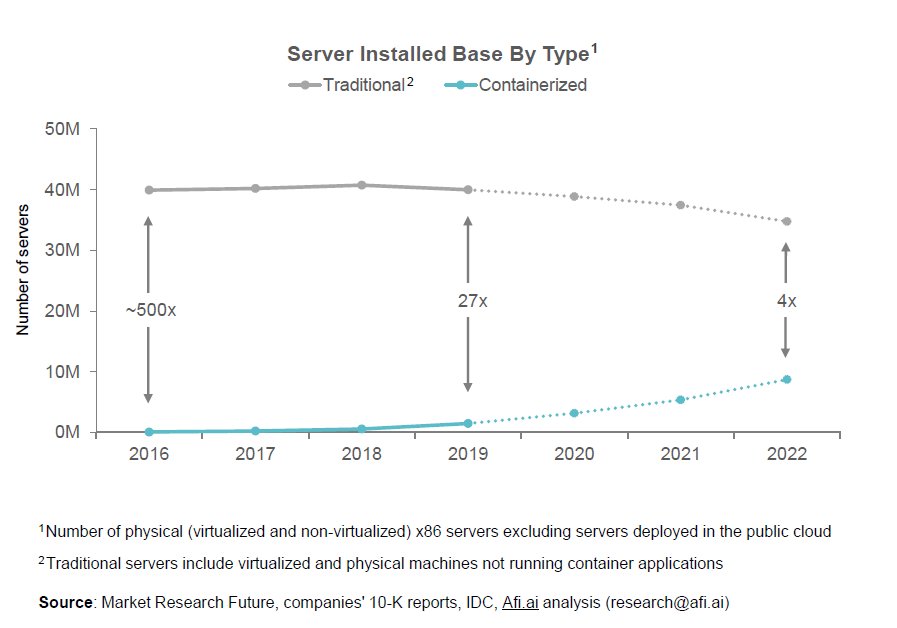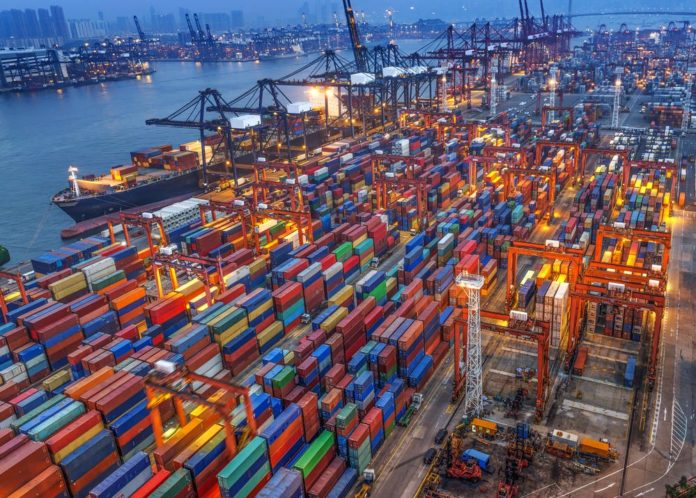Afi, a cloud data management firm, has released a cloud-based replication and resilience service specifically tailored to provide high availability for containerised applications and services.
Available today, the Afi Data Platform monitors, protects and recovers containerised workloads in Kubernetes. It currently supports applications running on Azure or Google Cloud.
Replicating a complete containerised workload is likely to be more complex than a traditional three-tier enterprise application because of its distributed nature. Also, various capabilities such as persistent storage were not originally part of container architectures and may be delivered through Kubernetes plug-ins or other additional services.
According to the company, the Afi Data Platform uses AI techniques to analyse the target application and its environment, and also to predict potential downtime and abnormalities in the application components.
Analysing involves scanning the application components to identify storage resources, application pods, namespaces and the Kubernetes cluster configuration. An AI engine distinguishes between different types of container workloads such as databases, application servers, load balancers and detect stateful containers.
This information is used to create an equivalent Kubernetes configuration and replicate the primary application instance to a secondary location. Afi claims that its platform can maintain a replication delay of under 15 seconds, using tools native to Azure and GCP combined with proprietary in-line deduplication.
Once the replica application infrastructure is up and running, the Afi Data Platform’s AI-based engine monitors the primary application for abnormalities. The aim here is to spot potential downtime, execute a failover and recover application data in case of a service disruption.
Afi Data Platform is designed to protect cloud-native workloads and legacy applications – the latter often comprises monolithic code that is moved into containers without proper refactoring. Such applications are typically stateful, in that they hold data inside the containers’ ephemeral storage rather than persistent shared storage, which runs the risk of data loss.
However, even cloud-native applications designed for Kubernetes may still suffer from misconfiguration, system failures or malware, according to Afi, so the ability to roll-back changes to applications is required. Afi said its software simplifies this process and reduces recovery times from days or hours to minutes or seconds.

Container-based enterprise workloads are a growing market, according to Afi, which cites IDC forecasts that container instances will grow at a 163 per cent CAGR from 2020 to 2023 and will exceed 1.9 billion. More than a quarter will be being stateful containers.








